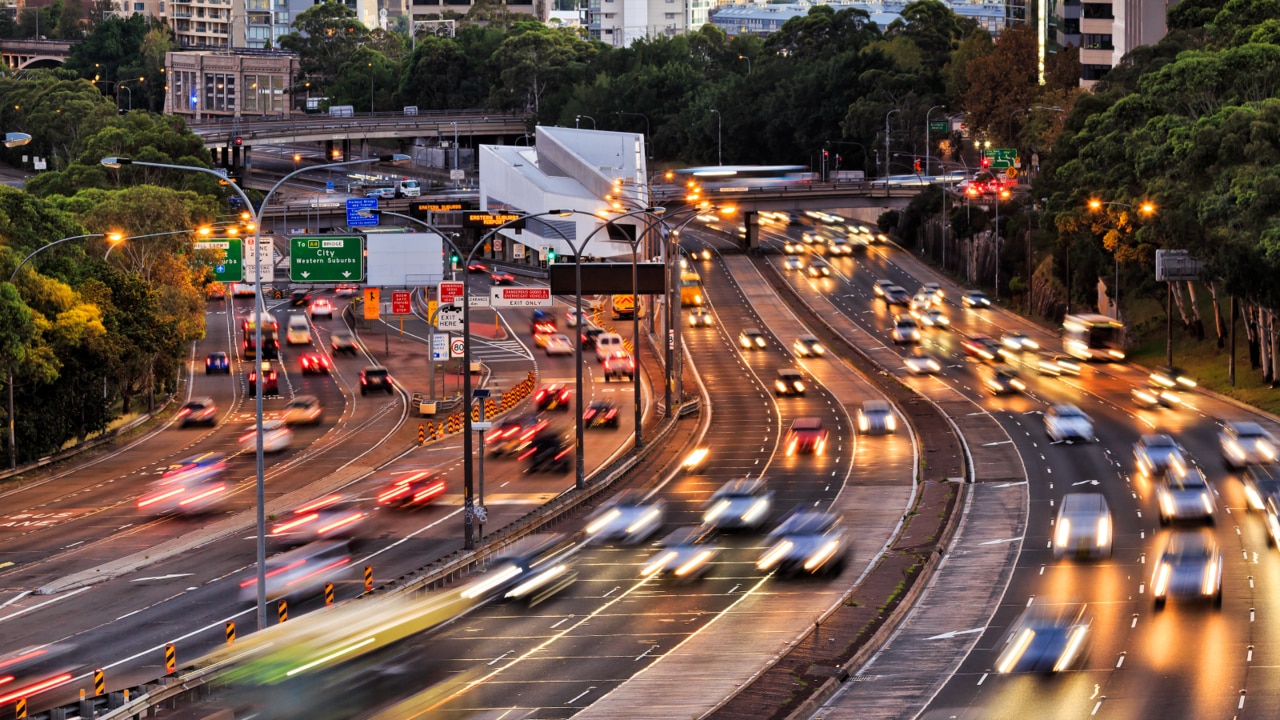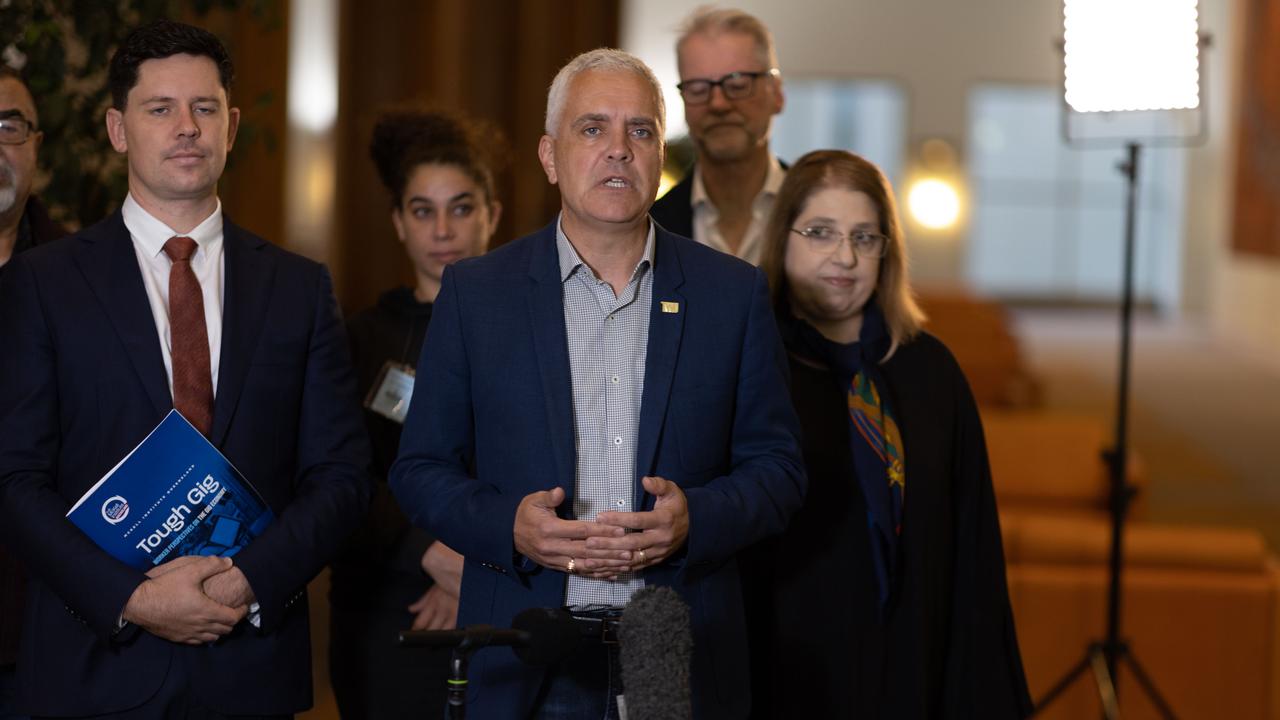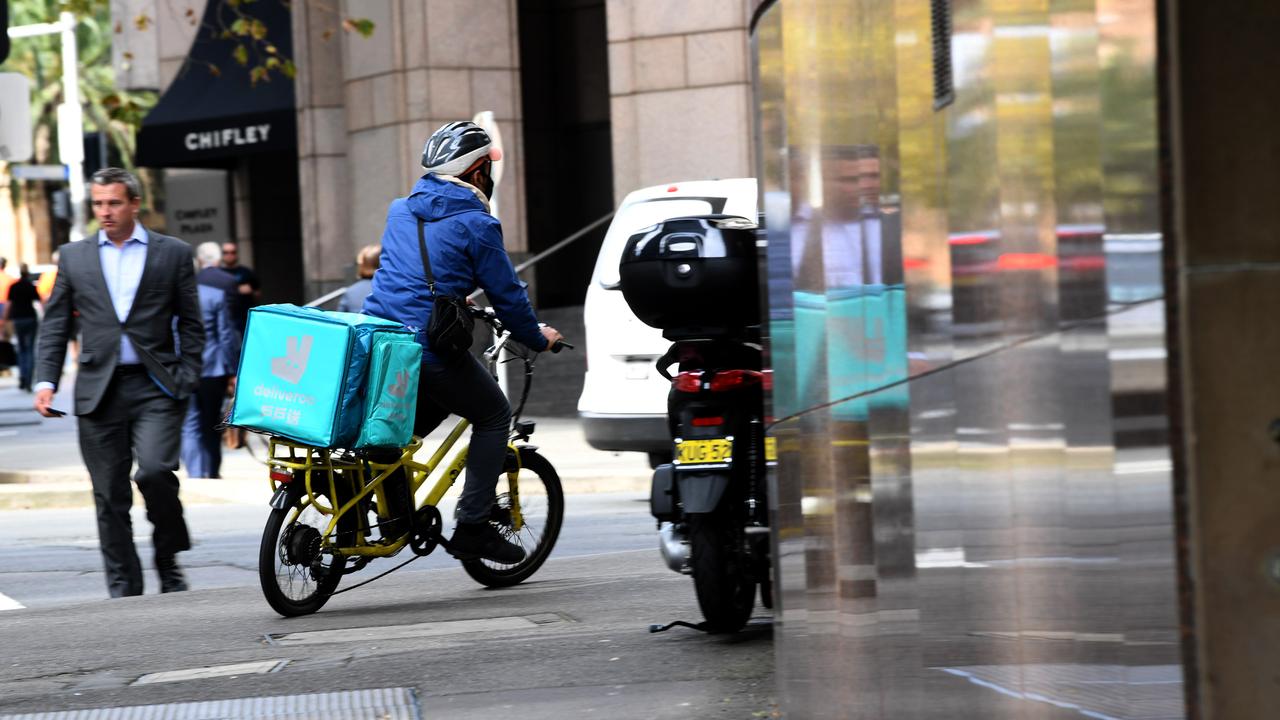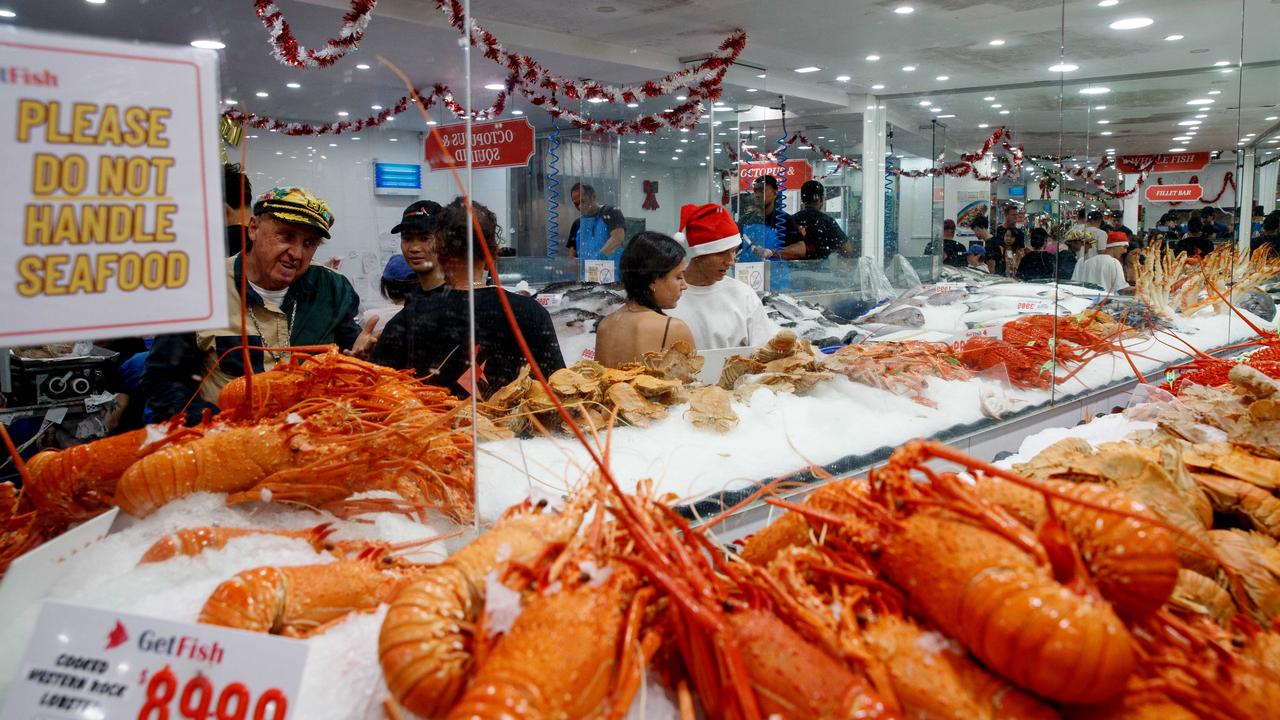Nearly half of workers in one industry are being paid less than minimum wage
A bombshell report has found thousands of Aussie workers are struggling to make minimum wage.

Almost half of Australia’s gig economy workers earn less than minimum wage, with the majority of workers using more than one delivery app to make enough money to live.
A landmark report into the gig economy by the McKell Institute – which captured the opinions of more than 1000 rideshare drivers, parcel deliverers and food delivery workers – found more than 90 per cent want the federal government to better regulate the industry.
The report estimates that as many as 112,000 Australian workers could be earning less than minimum wage, including more than half of all food delivery workers – prompting calls for urgent reform.
Transport Workers Union national secretary Michael Kaine said the report “busted the myth” that transport gig work offered flexibility, saying it was nothing but a tag line.

“Although many food delivery, parcel delivery, and rideshare drivers are drawn to this work on the promise of flexible hours, this is unobtainable without the existence of fair, safe and sustainable standards,” he said.
“These findings reveal that the future of gig work is unsustainable for all involved unless enforceable standards for fair pay, decent conditions and job security are put in place.
“Global gig companies Uber, Menulog and DoorDash have recognised this and joined workers in pushing for reforms.
“Now it’s up to parliament to pass legislation so that the Fair Work Commission can get on with creating a safety net for transport gig work so it can become truly flexible as well as fair.”

The report found 81 per cent of respondents depend on the money they earned from gig economy work to pay bills and survive; yet 45 per cent of workers struggled to afford basics like groceries.
More than 40 per cent of workers work more than 40 hours a week, but do not receive overtime.
The insecurity of working in the gig economy is also of significant concern to workers, prompting more than three-quarters of workers to have accounts on multiple apps.
Michael Buckland, chief executive of McKell Institute said in the midst of the cost-of-living crisis, tens of thousands of workers were earning less than minimum wage, and experiencing “wage theft”.
“They have no rights to sick leave, superannuation, or workers’ compensation,” he said.
“The survey found a third … had been injured at work and three in five had to fend for themselves with no income while sick or injured.
“Small wonder that 95 per cent of workers said they want regulation. These results make it clear that federal parliament must act immediately to reform the rules around gig work.”

Safety is another major concern, with the report finding more than half of workers felt pressured to “rush or take risks” to make enough money or protect their job.
Yavuz Cikar, who lost his nephew to a road accident while he was working as a food delivery driver, travelled to Canberra to appeal to politicians to legislate urgent reforms to the gig economy.
He lambasted the hands-off approach the company his nephew worked for had taken.
“Every worker should have better treatment from the employers,” he said.
“What we would like to see is justice, and we hope parliament is going to do something about this injustice and I believe we will see it.”
An Uber spokesperson said the company supported workforce reform which would improve benefits and protections for gig workers, while simultaneously preserving flexibility.
“Flexibility and better conditions can co-exist, and to suggest otherwise is a disservice to the people who matter most: Australia’s gig workers,” the spokesperson said.
“ The freedom to choose how and when to work is a cornerstone of the gig economy, and we believe this can come with better protections under the law.
“We have seen governments around the world embrace the changing nature of work and pass fit-for-purpose laws that better protect gig workers and flexible working arrangements, and we are confident this is possible here in Australia. We look forward to partnering with the government as part of its consultation process.”



